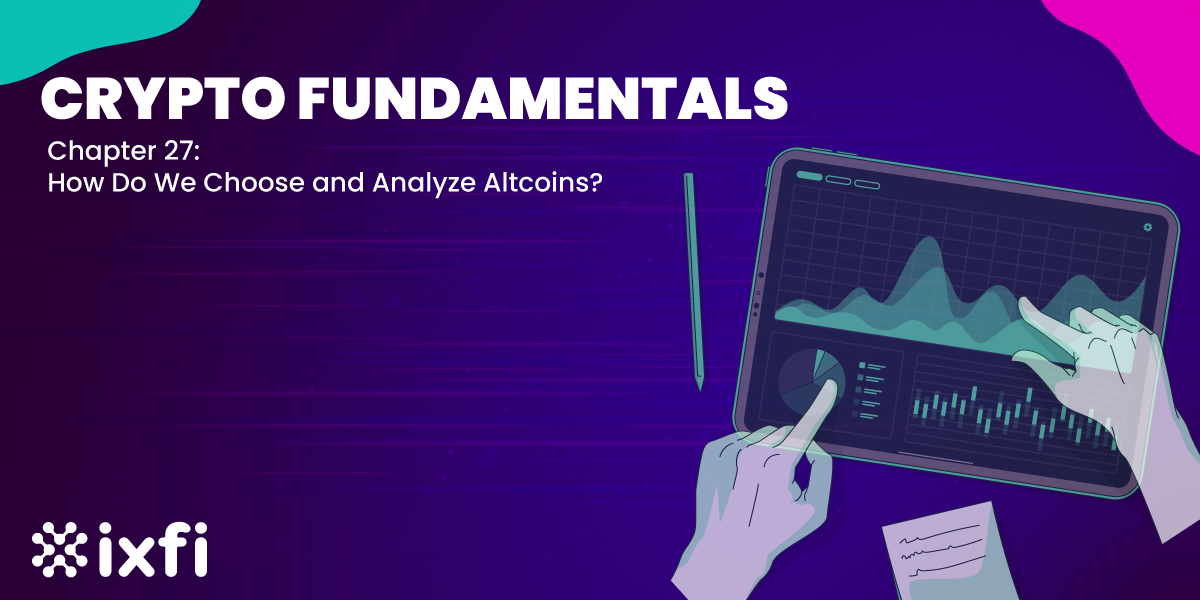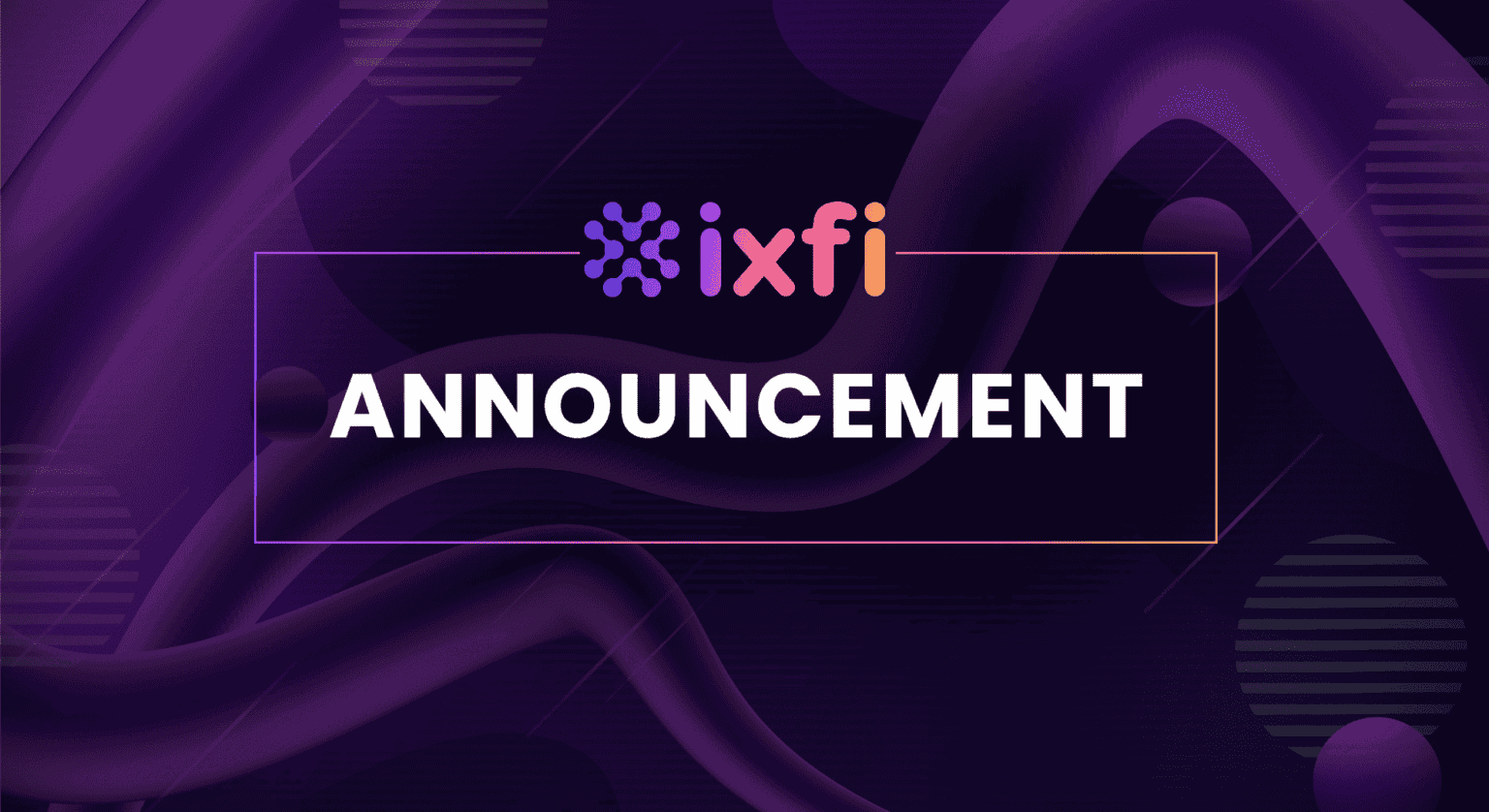What are Altcoins?
Even if Bitcoin dominates the cryptocurrency market with approximately 40% of its total share, other coins, known as Altcoins, deserve to be considered when choosing to invest in or trade cryptocurrencies. Over 20,000 listed digital assets on the biggest cryptocurrency exchanges and platforms. This number excludes developing projects or the ones waiting for listing approval. Alternative coins (commonly known as Altcoins) refer to any cryptocurrency that is not Bitcoin. Altcoin appeared on the market shortly after Bitcoin was introduced as an alternative to cash.
Why do so many cryptocurrencies exist?
We can divide Altcoin into four main categories:
1. Altcoins that are part of existing Blockchains (like tokens built on Ethereum)
2. Altcoins that represent Layer 2 solutions for existing Blockchains (like Polkadot and its Parachains)
3. Altcoins that represent the utility or governance token for a decentralized application (like Uniswap, SAND)
4. Meme-Coins, which can be seen as a separate category, but they are still considered Altcoins (like Shiba Inu, for example)
Even if some cryptocurrencies do not serve explicit or new purposes, diversification is required to improve the crypto space. Usually, Blockchains serve different purposes. For example, Bitcoin is an excellent store of value, but technically, it cannot create Smart Contracts.
These decentralized networks are, most probably, open-source. People who use a specific open-source network prove that the network operates and is used as intended. An essential factor in this regard is that developers, programmers, and even casual users should be able to look at and research the code to find errors so that they can contribute to code development.
At the same time, anybody can create a similar network using a cryptocurrency’s open-source code. For example, Litecoin was designed this way after Bitcoin’s model – or Ethereum, from which ETH, ETC resulted. This diverse crypto ecosystem feeds and contributes to today’s innovation because new protocols compete against one another for as many users as possible, trying to offer stimulants and bring better improvements than competitors.
How many types of cryptocurrencies do exist?
The cryptocurrency market is diversified enough and has diverse types of projects that differ from one to another through characteristics, functionalities, and consensus mechanisms. The most popular types of Altcoins are:
· Stablecoins: These can be seen as an oasis of peace in the crypto market that is usually highly volatile. Their value is tied to a less volatile asset, whether they are other cryptocurrencies, FIAT currencies, or precious metals. Stablecoins like Tether, BUSD, or DAI might be considered by investors who wish to keep funds in the crypto market, but they are not willing to take risks. Investors and traders can also use Stablecoins to protect themselves against price corrections of digital assets.
· Utility Tokens: This token refers to cryptocurrencies used in a particular ecosystem. These tokens can be used for various purposes, whether payments for transactions, interest, bounties and rewards, mining validation, service acquisition, etc. Utility tokens are necessary to offer functionality to an ecosystem. For example, ETH is a utility token for Ethereum’s ecosystem.
· Mining Coins: Refers to cryptocurrencies that use mining algorithms to verify transactions and issue more coins into circulation. Miners use powerful computers to solve mathematical equations, and, in exchange, they receive cryptocurrencies as rewards. For example, Litecoin fits this category.
· Meme Coins: These are experimental coins based on various fun topics and are usually led and developed by the community. Unlike other Altcoin types, Meme Coins have limited functionality and are considered very risky. Some of them enjoy a high wave of popularity – and after that, they disappear. Like Shiba Inu or Dogecoin, others continue to enjoy bullish price impulses if influencers promote them.
How to evaluate and choose the perfect Altcoins for you?
Knowing ourselves as traders and keeping in mind the risk profile and financial objectives we aim for – we should intensely analyze any project before investing. Some questions to ask ourselves before buying an Altcoin are:
· What’s the utility of this coin? How can this coin be used?
· What kind of technology is behind this cryptocurrency? What are some of its characteristics?
· Is the developing team trustworthy?
· Does this coin have a future?
Also, some basic rules that investors should respect before investing in a cryptocurrency are:
· Always verify if a project is promoted on social media platforms. If a project benefits from aggressive marketing but has nothing behind it, it is probably a scam or an attempt to bring a dead project back to life. Therefore, it is essential to do thorough research, especially if the project promises excellent returns, like 10x, 20x, etc.
· Search for coins with technical capabilities and real utility cases. The more use-cases and technical capabilities an Altcoin has, the more likely it will succeed.
· Regardless of the project or cryptocurrency we choose to research, always invest only amounts of money that you are comfortable losing. Do not ever use the children’s allowance or the money reserved for college to invest in Altcoins. Only use money that you do not need.
Find over 450 different cryptocurrencies to buy, trade and swap on Your Friendly Crypto Exchange. If you start from a safe, reliable place, your crypto journey is guaranteed to be smoother and more satisfying. Register now on IXFI to see for yourself.
Disclaimer: The content of this article is not investment advice and does not constitute an offer or solicitation to offer or recommendation of any investment product. It is for general purposes only and does not take into account your individual needs, investment objectives and specific financial and fiscal circumstances.
Although the material contained in this article was prepared based on information from public and private sources that IXFI believes to be reliable, no representation, warranty or undertaking, stated or implied, is given as to the accuracy of the information contained herein, and IXFI expressly disclaims any liability for the accuracy and completeness of the information contained in this article.
Investment involves risk; any ideas or strategies discussed herein should therefore not be undertaken by any individual without prior consultation with a financial professional for the purpose of assessing whether the ideas or strategies that are discussed are suitable to you based on your own personal financial and fiscal objectives, needs and risk tolerance. IXFI expressly disclaims any liability or loss incurred by any person who acts on the information, ideas or strategies discussed herein.


